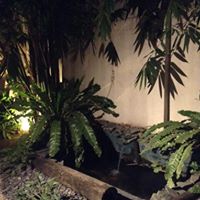Which rare term refers to artistic metalworking?
The term toreutics, relatively rare in English, refers to artistic metalworking - hammering gold or silver (or other materials), engraving, or using repoussé and chasing to form minute detailed reliefs or small engraved patterns. Toreutics can include metal-engraving – forward-pressure linear metal removal with a burin.
Toreutics claims great antiquity. It was practiced in the Bronze Age and was well established centuries before the shaft graves. Toreutic items of special quality from the Iron Age are the Certosa situla from Italy and from Slovenia the Vače situla and the Vače belt-plate. Toreutics flourished to an unusual degree among the peoples of Asia Minor, Assyria, Babylon, and passed from thence to ancient Persia.
One spectacular example of the direct influence of Persia in toreutics is believed to be the Treasure of Nagyszentmiklós found in Transylvania in 1799 and considered to be the work of Old Bulgarian goldsmiths. It consists of 23 vessels and has been attributed to Attila's Huns, the Avars and Pechenegs. The majority of scholars, however, consider it Bulgarian (Proto-Bulgarians, Bulgars), because of its runic inscriptions.
More Info:
en.wikipedia.org









